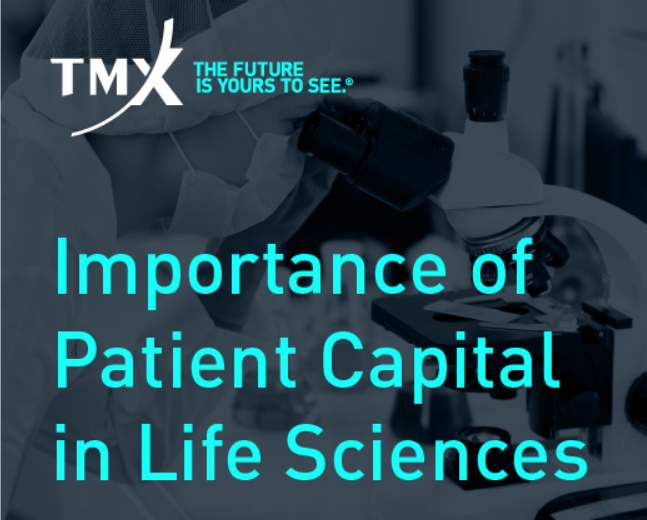Regenerative medicine company Tengion (NASDAQ:TNGN) plans to start human studies on its experimental kidney disease treatment in 2013.
Tengion said that it expects to file an investigational new drug application, or IND, with the U.S. Food and Drug Administration on its lead preclinical program in the first half of next year. Proof-of-concept data from the phase 1 trial is expected in 2014. The plans follow a recently completed pre-IND meeting with the FDA.
Tengion’s Neo-Kidney Augment is intended for patients with advanced chronic kidney disease. In patients with end-stage renal disease, Tengion says its experimental treatment could prevent or delay the need for dialysis or kidney transplantation. The market for the treatment is sizable. The United States Renal Data System estimates that more than $27 billion in annual Medicare costs are attributable to patients with end-stage renal disease. The disease has a 20 percent mortality rate per year.
Scientists at Tengion have published data from four different preclinical models of chronic kidney disease. The company said that two of these preclinical models have been conducted for a long enough time to show the technology’s durability and impact on survival. Tengion is also exploring pursuit of approval of its technology in Europe using the Advanced Therapy Medicinal Products (ATMP) pathway, a regulatory route for advanced cell-based therapies.
Winston-Salem, North Carolina-based Tengion has already advanced into the clinic for its Neo-Urinary Conduit, which is being studied in bladder cancer patients who have had their bladders removed. The FDA last year granted orphan drug status on that experimental treatment. In the phase 1 trial, Tengion’s technology is used to fashion a new conduit to carry urine from the body.
The regenerative medicine technology that is the basis for Tengion’s technology was originally developed at Wake Forest University‘s Institute for Regenerative Medicine. Tengion was spun out of the university in 2004 and maintained an R&D presence in Winston-Salem while its corporate offices were based in Pennsylvania. The company last year announced a restructuring. As part of the cost-cutting efforts, the company earlier this year consolidated its operations and relocated its headquarters to Winston-Salem.















